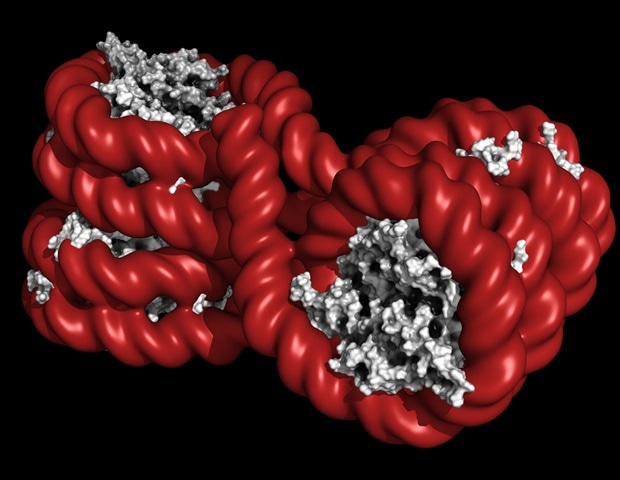In a recent publication released by PubMed, American scientists led by Dr. Dufault at the Food Ingredient and Health Research Institute, reported the results of a clinical trial in which parents who received nutritional epigenetics education significantly reduced their consumption of ultra-processed foods while increasing their intake of whole and/or organic foods. The education intervention used curriculum focused on the constructs of the nutritional epigenetics model that explains how autism and attention deficit/hyperactivity disorder (ADHD) may develop from the excess consumption of ultra-processed foods.
Consumption of ultra-processed foods leads to heavy metal exposures and dietary deficits that create mineral imbalances such as zinc and calcium losses. Inadequate zinc stores can disrupt the function of the metal transporter metallothionein (MT) gene preventing the elimination of heavy metals found in ultra-processed foods. The bioaccumulation of mercury and/or lead is common in children with autism and ADHD who are often zinc deficient. Mercury, lead, and other heavy metals are known to suppress the paraoxonase (PON1) gene. Paraoxonase is required by the body to detoxify the neurotoxic organophosphate pesticide residues found routinely in the food supply by the United States Department of Agriculture. Children with autism and ADHD are more susceptible to the harmful effects of organophosphate pesticide exposures.
Parents who received nutritional epigenetics education learned how to reduce their children’s dietary exposures to heavy metal and organophosphate pesticide residues. The parents learned how to read food ingredient labels and changed their diet as they avoided buying foods with allowable heavy metal and pesticide residues. In learning how specific food ingredients contribute to heavy metal exposures, impact nutrient status and/or gene behavior, parents gained the knowledge they needed to feed themselves and their children a healthier diet. By the end of the education intervention, parents had changed their minds about their ability to control their child’s behavior through diet.
Children behave better when they feel better. Because the severity of symptoms in autism and ADHD correlate directly to the heavy metal levels in blood, children with less heavy metal exposure show improvements in behavior and cognition. In addition, because heavy metals, in single or multi-metallic combination, create conditions for gut dysbiosis, improvements in diet can reduce inflammation and improve gut health. Reducing ultra-processed food consumption can alleviate symptoms associated with gut dysbiosis which is often a co-morbid condition found in children with autism and ADHD.
Autism and ADHD are preventable, but the prevalence of these neurodevelopmental disorders will continue to increase in the United States until changes are made to reduce the allowable heavy metal residues in the ultra-processed food supply. The US Congress released two reports in 2021 on the problem of heavy metals in baby foods. The first report issued on February 4, 2021, revealed baby foods are tainted with dangerous levels of arsenic, lead, cadmium, and mercury. The second report, issued on September 29, 2021, confirmed new disclosures from manufacturers show dangerous levels of heavy metals in even more baby foods.
Source:
Journal reference:
Dufault, R. J., et al. (2024) Nutritional epigenetics education improves diet and attitude of parents of children with autism or attention deficit/hyperactivity disorder. World Journal of Psychiatry. doi.org/10.5498/wjp.v14.i1.159.
